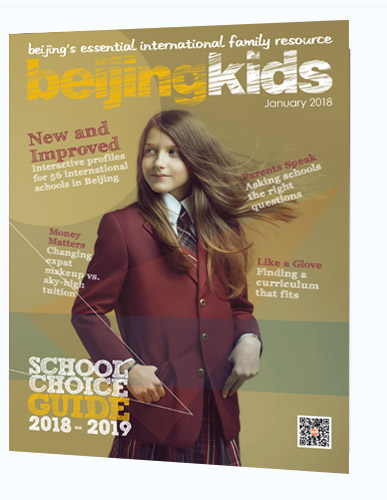It’s a common mistake for students and their families to think that applying to college is all about the numbers – from ranking to test scores. And while numbers may play a certain role, many students from Asia place too much emphasis where it does not belong.
Most colleges and universities employ a holistic approach to reviewing applicants. When a student centers on one single factor they are missing the point of what holistic means. There are several definitions but let’s focus on “Considering all factors.” In a sense, colleges place emphasis on all aspects of a student’s portfolio and typically follow the following in order of importance:
- Grades. Not just the grades themselves but the challenge of the courses they took and how a student does over their time in high school.
- Test scores. This would include TOEFL or IELTS and SAT. Typically there should be concordance between a student’s grades and their scores. However, a problem does occur when students place too much attention to test scores and over prepare. More on this later…
- Recommendations from teachers. Describing what kind of student they are, how they approach their learning, deal with academic challenges, work beyond the subject to make interdisciplinary connections or focus on particular areas of the coursework that fascinate or intrigue them.
- Interests, hobbies and other activities a student partakes in during and after school.
- Essays. How a student views themselves in the world and how events have helped them understand who they are at this point in time. Supplement essays ask students to explain why a particular school “fits” them and how they will use the resources at that school to reach their goals.
- Whether initially or in person, interviews bring a more personal approach to the application allowing a student to show their enthusiasm for the things they do and what is important to them.
Technically, all of these factors are looked at in a balanced way at each school. Obviously, no one student is similar to another. Every student is an individual and has specific qualities both strengths and weaknesses. It is the job of the admissions committee to closely read a students application to try to elicit those unique qualities and match them to the school’s ethos, determining if a student (a) is a good fit for what the school hopes will make the next year’s class, and (b) he/she will be successful at that school.
One problem that arises is due to formulaic thinking concerns activities or interests. A student’s personal interest in activities, hobbies, sports, or any extracurricular activity should be organic. I met a student whose mother is forcing him to play hockey because she thinks, due to what she’s heard from other parents, that hockey is what will get him admitted. This is the same as applying to a major that you don’t like. When a school is looking at a student’s profile, they want to see genuine engagement. It is not about quantity but about the quality of that engagement. If a student is halfhearted about that interest it will show – in the way they talk about the role that activity has played in forming the person they have become. There is also something to be said for disingenuous resume building. Schools can see it a mile away.
The focus of the admission committee comes in several ways. First, they want to see that a student is not just focused on grades. Seeing whether a student engages with their current school community and/or the community at large is definitely important. If we think of universities as providing different opportunities to learn and grow, schools hope to see that a student has developed interests outside the classroom, which they will bring to their unique community. In addition, much is to be said about character. In my blogs on www.beijingkids.com, I have mentioned the importance a school places on how a student views the world around them, and their place in that world.
Many schools today are looking to see how students are working to change the world – from scientific achievements to battling for human rights and environmental issues. There is no specific thing a school is looking for. What they want to see is whether a student has found several activities which they feel strongly about, and what they have done to get involved.
It is important to look beyond the numbers – researching and understanding schools to find those which match who you are. Avoid the herd mentality, strike out on your own and honor your inner self. As an individual, act like one and challenge the norms. Trying to fit a numbers matrix eliminates one from seeking opportunities that will help you grow and develop as a young adult prepared to meet the challenges of the future.
This article originally appeared on p94-95
of beijingkids School Choice Guide 2018-2019.





